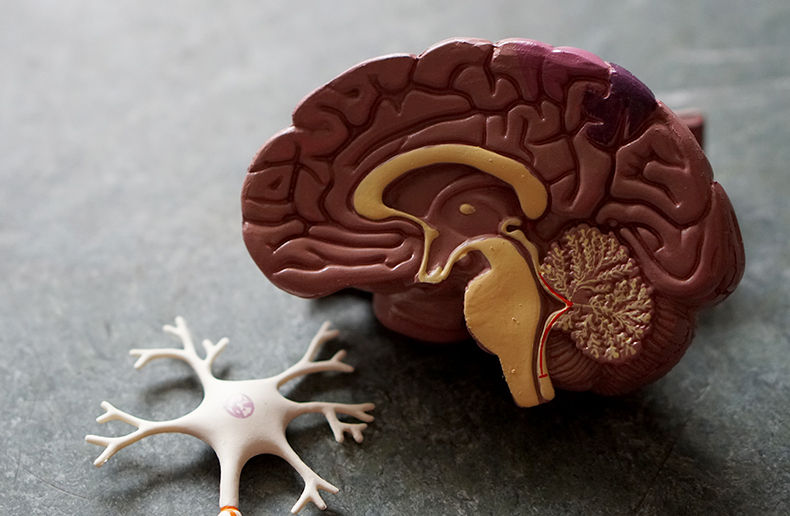The Reinsurance Group of America (RGA) has published a note examining the development of the market for dementia insurance, currently underway in South Korea (today 15.5 per cent of the population there owns dementia insurance). They say other markets and industry players can learn a number of things about tapping into the “silver economy” by studying the example.
Entitled South Korea Provides a Road Map for Dementia Insurance, the whitepaper points out that an aging population is something the majority of the world’s nations have in common.
Building a silver economy
“South Korea entered an aging society earlier than most other nations and its insurance market responded accordingly to demographic changes. Given that, the successful case of dementia insurance in the South Korean market is worth studying,” they write. “The opportunity arises to build a silver economy with services designed for the middle-aged and elderly. The insurance industry, with offerings such as dementia insurance, can play a vital role in this silver economy. South Korea provides an example.”
They say more than 55 million people worldwide were living with dementia in 2020, a number that is expected to reach 139 million by 2050. In South Korea, the population over age 60 reached 26.7 per cent in 2023.
“As of the end of 2022, approximately eight million people in South Korea had dementia and care insurance – 15.5 per cent of the total population. Among them, the age groups of 50 to 59 and 60 to 69 years old had the highest insurance coverage rates, at 24 per cent and 27 per cent, respectively,” they state.
First policies sold in 2002
That country’s first dementia policies were sold in 2002 but prior to 2018 most products included coverage only for severe dementia, a restriction that kept the insurance from receiving much attention. In September 2017, however, the government announced and began implementing a national policy on dementia that included the establishment of dementia assistance centres, expanded long-term care and stronger medical support.
“Amid heighted public awareness, insurers raced to launch new dementia products,” they say, which included coverage for moderate and mild dementia, as well. The products are available through simplified issue and by way of full underwriting. Some have a surrender value while others do not, which lowers premiums. “The latter design tends to have better sales,” they add.
The whitepaper also discusses riders and changes in the market and product development over time. “In the wake of the change in policy at the national level, sales of dementia insurance in South Korea grew significantly, doubling in 2018 compared to 2017. New business premiums nearly tripled.”




